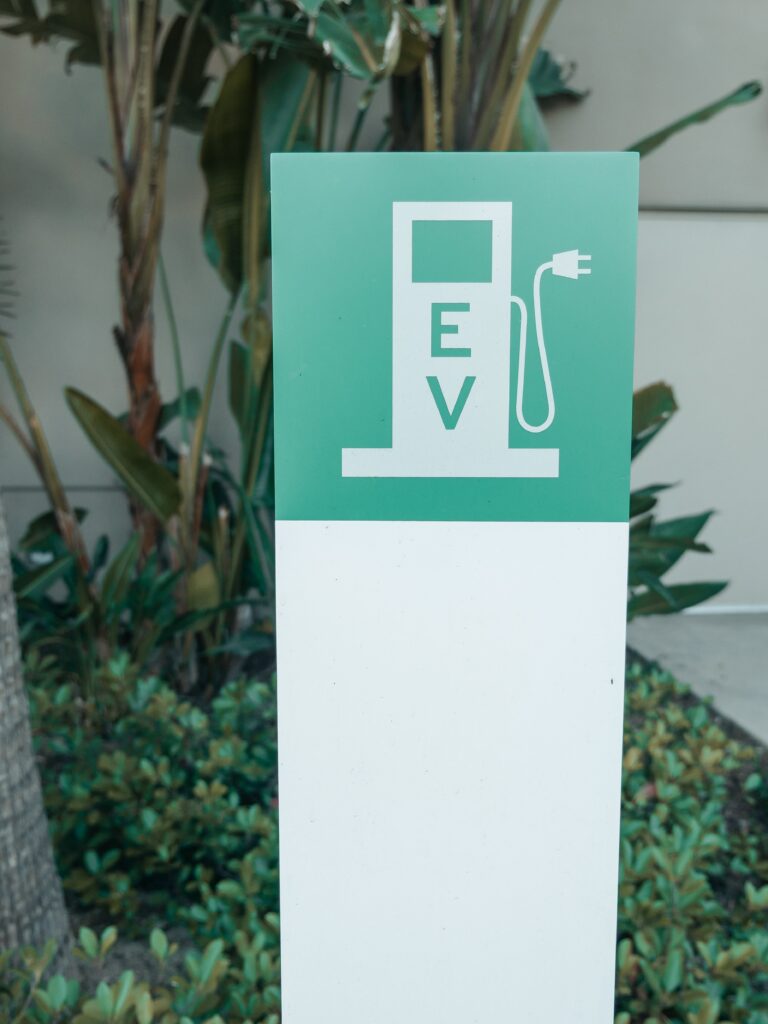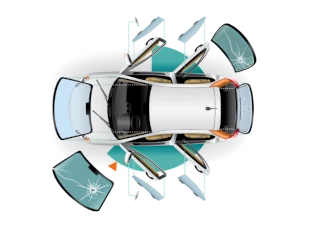Electric cars are becoming increasingly popular in the modern age, and for a good reason. They boast impressive specs compared to their traditional gas-powered counterparts. Still, the advantages of owning an electric vehicle (EV) go beyond just performance. Electric cars have a range of advantages over fossil fuel-powered models that make them increasingly attractive for many drivers. From reducing emissions to saving money on fuel costs, electric vehicles have significantly impacted the automotive industry.
Searching for a windshield?
Transitioning from a gasoline-powered car to an electric one can be overwhelming as some drivers may not know what they’re giving up or gaining. Let’s look at 10 Problems You’ll Only Have With A Fossil Fueled Car and 10 Advantages You Will Have With An Electric Vehicle.
Problems You’ll Only Have With A Fossil-Fueled Car:
1) Short Range:
The range of most gasoline-powered cars is limited and can quickly become a problem if you need to drive long distances regularly. An EV typically offers between 80 – 350 miles on a single charge, meaning you won’t have to worry about refuelling. You can drive wherever you want without worrying about running out of gas and being stranded away from home.
2) High Maintenance Costs:
Gasoline-powered cars require more frequent maintenance than electric vehicles, which adds up over time in terms of cost and hassle. EVs don’t need oil changes, spark plug replacements, or other costly repairs because they don’t use many moving parts like engines or transmissions.

3) Poor Fuel Economy:
Gasoline-powered cars often get around 20 MPG (miles per gallon), whereas some EVs can get up to 300 MPGe (miles per gallon equivalent). Electric vehicles are significantly more efficient than traditional gas-powered ones, leading to less money spent at the pump every month.

4) Loud Engines:
Many people find that the loud engine noise produced by gasoline-powered cars is disruptive and annoying when driving or stopped in traffic. EVs don’t have any engine noise since they run off electricity, making them much quieter and more pleasant for passengers inside the car.

5) Emissions Contributes To Pollution Levels:
Gasoline-powered engines emit greenhouse gases that contribute to air pollution across cities and countries worldwide. Electric vehicles don’t release any emissions into the environment while running on electricity which makes them much better for public health as well as helps reduce global warming potentials caused by fossil fuels burning activities such as driving or transporting goods using trucks with diesel engines consume large amounts of energy in short times making it unfriendly with our environment mainly when talking about cities with high population density like London or Paris where air quality suffer day by day due particulate matter released in every street corner during peak hours of traffic congestion especially when temperatures go down during winter season affecting even more vulnerable population such as children or older adults predisposing them to breathing problems caused by lack of oxygen due smog created from those vehicular emissions.
6) Low Resale Value:
Fossil-fueled cars tend to depreciate quickly due to their reliance on outdated technology; it may be difficult for buyers interested in purchasing newer models with upgraded features such as self-driving capabilities found in newer EVs today. As a result, gasoline-powered cars will typically hold less value than their electric counterparts.

7) Cost Of Gasoline:
Since EVs run off electricity instead of gasoline, there is no need for drivers to pay for expensive fuel prices when filling up their tanks. This alone can save hundreds or even thousands each year, depending on how far you drive your car.

8 ) Limited Charging Stations:
There may need to be more charging stations available along long-distance routes if you plan on taking trips outside your city limits, making it difficult to find places where you can recharge your battery while you’re out exploring new places. This is rapidly changing, however, as more charging stations are popping up across the country every day, making it easier for EV owners to travel further distances without worrying about running low on power mid-way through their journey.

9) Refueling Time:
It takes much longer for an EV battery to reach total capacity after draining than refilling a tank with gasoline within minutes at most pump stations across highways worldwide. This could be inconvenient if you’re trying to rush somewhere suddenly without much warning; however, this issue is slowly fading away since quick charge options are now more available today, allowing drivers to stop by local charging points and fill their batteries back up within an hour or so depending on the energy needed refill levels achieved.

10 ) Unfamiliarity With Operation:
Operating an EV may seem intimidating at first since its technology is still relatively new, but once drivers understand how everything works with these vehicles, they can become confident behind the same wheel level of confidence achieved after

